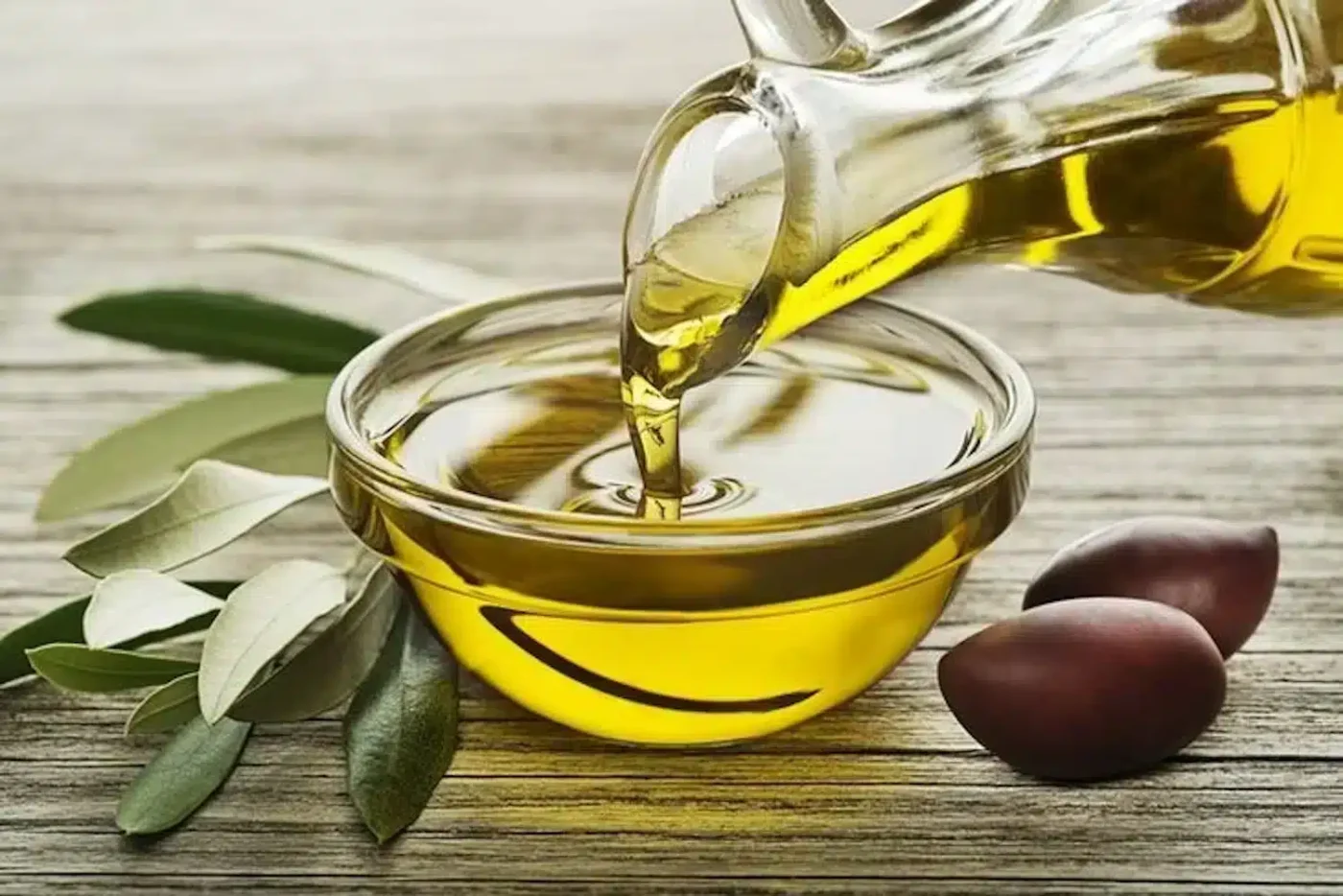
In a recent study published in Nutrients, researchers conducted a systematic review to consolidate current evidence on the preventive benefits of extra virgin olive oil (EVOO) on disease risk factors.
Mediterranean diets are plant-based diets enriched with vegetables, fruits, nuts, legumes, whole grains, and moderate amounts of fermented dairy products and fish, and they are crucial for preventing chronic diseases.
EVOO, a common component of the Mediterranean diet, has been linked to a reduced risk of various chronic diseases, such as cardiovascular disease, type 2 diabetes, stroke, metabolic syndrome, reduced cognitive function, and colon and breast tumors.
EVOO consumption may reduce the risk of obesity and improve overall mortality. However, there is limited research on the specific daily amount of EVOO that can improve risk factors for chronic diseases.
In the present systematic review, researchers compared the effects of foods containing EVOO on cardiovascular and metabolic risk factors for cardiovascular disease, type 2 diabetes, metabolic syndrome, and insulin resistance with non-EVOO diets.
A systematic data search was conducted for the period between January 2000 and December 2022 using the Cochrane Library, Embase, and PubMed databases. The team then conducted a narrative data synthesis.
The researchers included only randomized controlled trials (RCTs) with human participants, published in peer-reviewed scientific journals in English, that compared the cardiometabolic effects of EVOO consumption with those of non-EVOO diets.
The team excluded in vitro or animal studies, those without randomization, those that used only postprandial blood glucose measurements, those that tested only the phenolic compounds of olive oil, those that evaluated the effect of olive oil added to pills, olive oil with added components, the use of olive oil that did not mention the extra virgin variety, the exclusive use of refined olive oil, abstracts and presentations, and documents that demonstrated a possible change in medications that could affect any of the factors under investigation.
Studies that evaluated “”virgin olive oil”” with the stated phenol content were also considered. Reference lists of the documents identified through searches were also reviewed for the inclusion of other relevant publications. The Academy of Nutrition and Dietetics Quality Criteria Checklist (ANDQCC) was used to assess the quality of the included RCTs.
In total, 34 of the 281 retrieved articles met the eligibility criteria and were considered for the final analysis, all of which were rated “”positive”” based on the review and QCC. Several references were included, including subgroup analyses of the Prevencion Con DietA MED (Predimed) study.
EVOO outperformed alternative dietary fats and low-fat (LF) diets in managing clinical indicators such as low-density lipoprotein (LDL-C) and blood pressure (BP), increasing protective high-density lipoprotein (HDL-C) cholesterol, and improving glucose and weight control.
The polyphenol content of EVOO, rather than the amount of monounsaturated fat, was likely responsible for its beneficial effects. Compared with sunflower oil, EVOO reduced systolic blood pressure (SBP) between hypertensive patients and healthy individuals. Certain phenols may be critical for lowering blood pressure. One study reported a reduction in SBP with 161.0 mg/kg phenol in hypertensive patients, while two studies reported a reduction in SBP with > 300.0 mg/kg phenol.
EVOO can reduce low-density lipoprotein cholesterol to initial Wlowered LDL-C levels greater than 120.0 mg/dL and increased HDL-C levels with higher phenol content, and diets containing daily AVO were successful in weight loss despite higher calorie intake than LF diets. Furthermore, feeding ≥150.0 mg/kg of phenol could reduce LDL oxidation. EVOO can lower LDL-C levels to baseline levels greater than 120.0 mg/dL and increase HDL-C levels with an increase in phenol content, and diets containing daily extra virgin olive oil can effectively reduce body weight despite higher calorie intake than the LF-LF meals.
Furthermore, AUPE with ≥150.0 mg/kg of phenol could reduce LDL oxidation. Few studies included patients with high baseline blood glucose (FBG) or type 2 diabetes mellitus; therefore, the effect of extra virgin olive oil on FBG compared to other dietary regimens is unclear. Daily EVOO, however, may improve insulin sensitivity, as assessed by the Homeostatic Model Assessment for Insulin Resistance (HOMA-IR) compared to LF diets.
The shortest period of health gains and the lowest daily amount of EVOO needed to improve blood pressure, HDL-C, and LDL-C were 21 days and 25.0 ml (almost two tablespoons). per day, with LDL-C and diastolic blood pressure (DBP) possibly requiring >300.0 mg phenol per kg for maximum benefit. The ability of EVOO to improve diagnostic biomarkers for congenital heart disease, i.e., blood pressure, HDL-C, and LDL-C, may be related to its ability to reduce the risk of CHD.
While diets enriched with vegetable seed oils may lower LDL more effectively than EVOO, a daily diet rich in OSO results in healthier LDL because its particles are less likely to grow and become oxidized. In addition, extra virgin olive oil has been shown to reduce apoprotein B-100, meaning fewer low-density lipoprotein particles. The ability of EVOO to reduce risks of type 2 diabetes and metabolic syndrome is related to its effect on HOMA-IR, Insulin and FBG, which reportedly improve after EVOO intake than after diets rich in oils, polyunsaturated fats (sunflower oil), or LF diets.
Overall, the results showed that incorporating dietary habits into the Mediterranean diet could significantly reduce the risk of chronic diseases. Furthermore, EVOO is a better option for reducing the risk of chronic diseases in the diet than other dietary fats or refined olive oil.
Important Note: aceitedelcampo.com promotes the consumption of extra virgin olive oil for its culinary qualities and health benefits. However, no medication or current treatment should be replaced without the guidance of a healthcare professional.
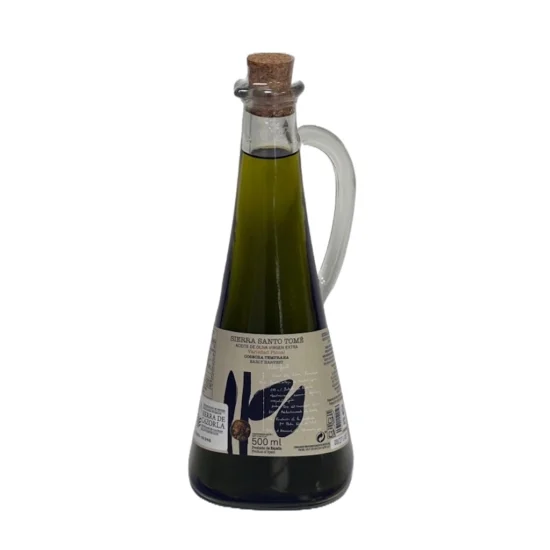
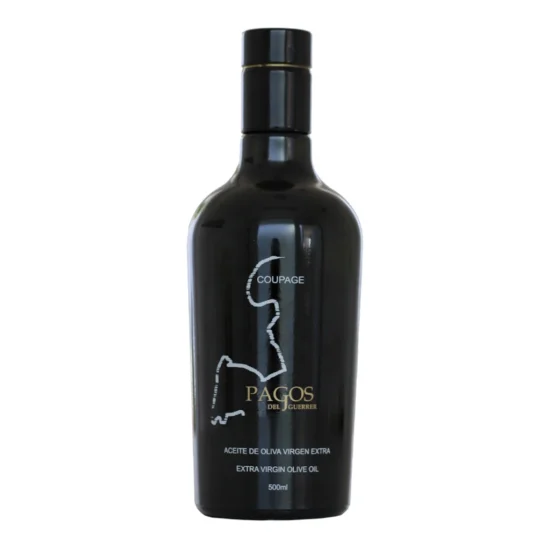
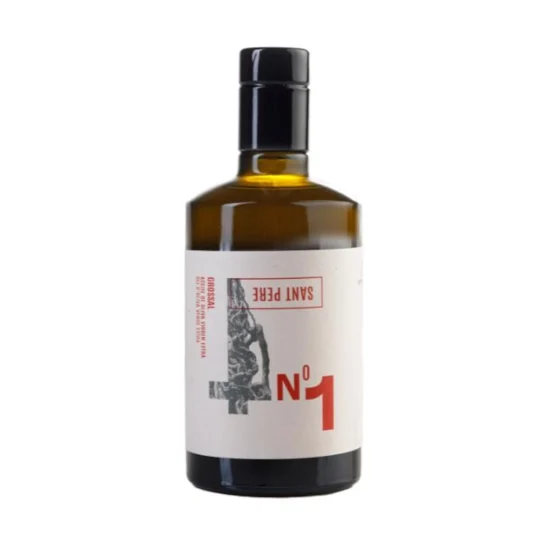
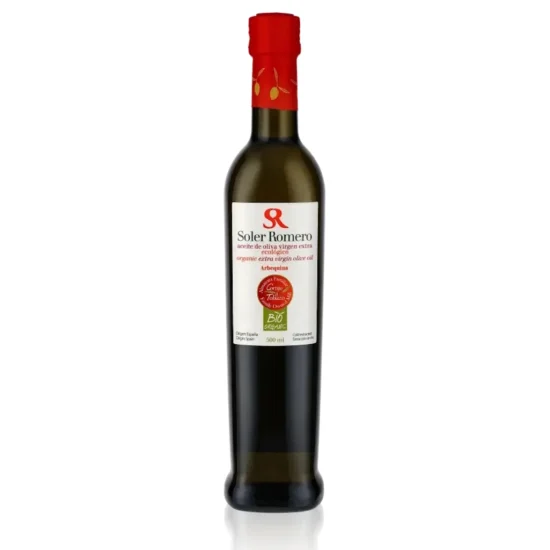
ALZAYT EXPORT SL
info@aceitedelcampo.com
C/ Eduardo Bosca 19, 2-5
46023 Valencia
Subscribe and receive a coupon by email for your next purchase.